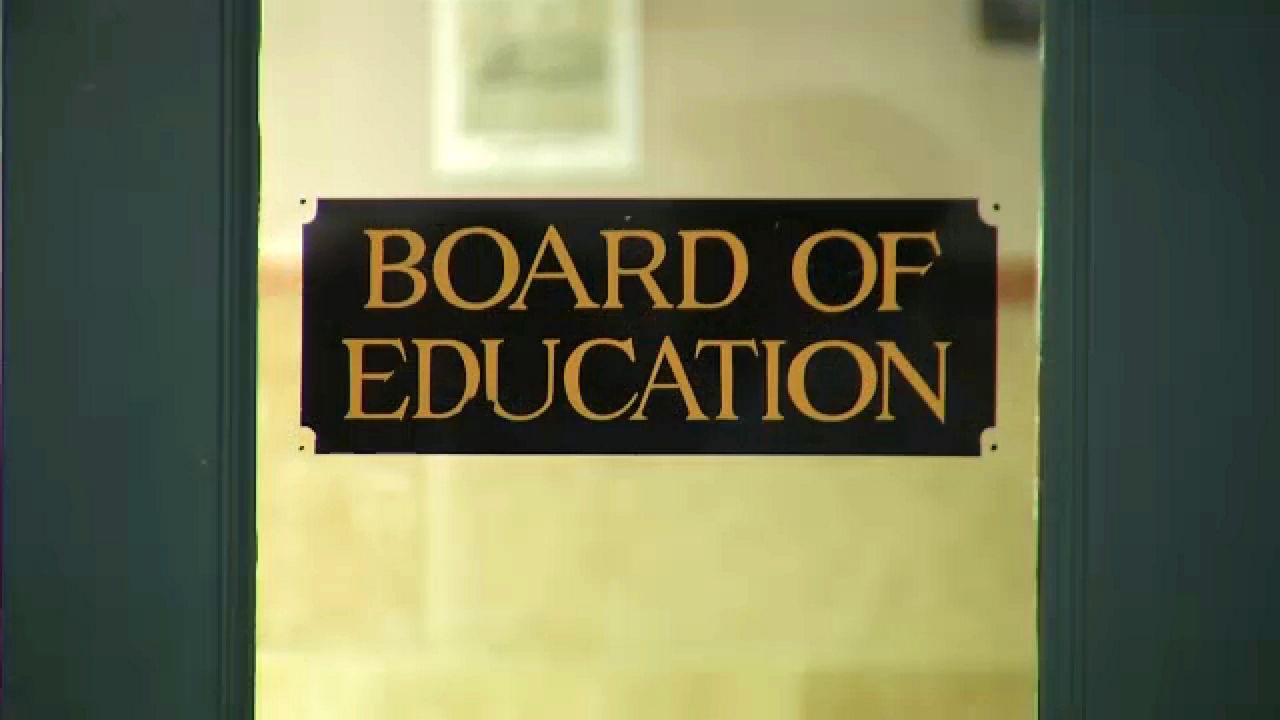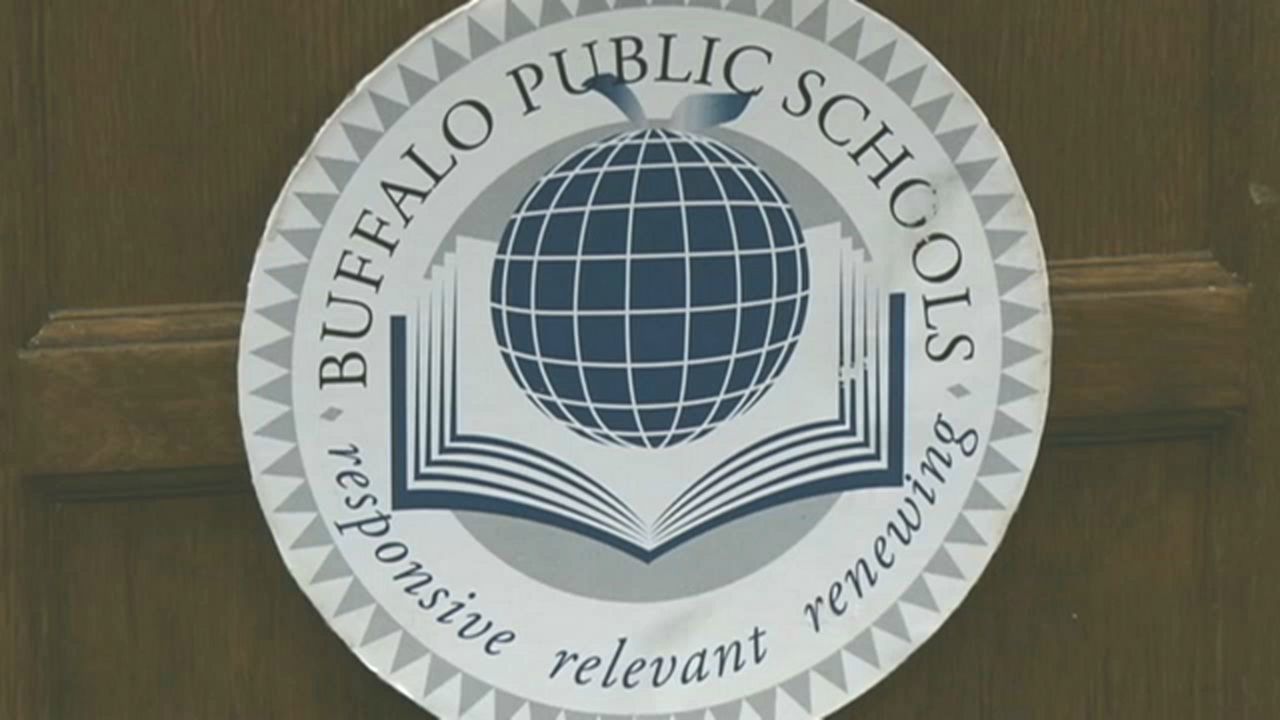It’s a debate raging across the nation: what kinds of books should children be exposed to?
A recent report by PEN America found that the past school year saw more books banned across more states and more districts this past school year.
One place fighting against that is Burning Books.
“All of these books are incendiary,” said Leslie James Pickering, the co-owner of Burning Books. “They're meant to ignite the mind get people thinking about social change and, and how they can participate in making this world a better place.”
That’s been the mission of the store for more than a decade and it’s why seeing certain books being removed from schools and libraries has Pickering concerned.
“This here is the list that the Texas Legislature is using,” he said gesturing to a highlighted pack of pages, showing which books are on display.
It was enough that Burning Books put up a whole endcap dedicated to these titles.
“These are important issues that are going on in our world right now," said Pickering. "Anytime there is any sort of book banning going on it's really an attack on education, and freedom and awareness.”
According to PEN America, during the 2021-2022 school year, there were more than 2,500 instances of banned books across the nation.
Of the about 1,600 unique titles, around 40% had LGBTQ+ themes or main characters of color.
Around 20% addressed issues of race/racism or had sexual content, whether descriptions of sexual assault, teen pregnancy or informational material.
Jackie Best started the Erie County chapter of Moms for Liberty last July. This chapter is one of 11 across New York State.
It’s a nationwide group, with more than 100,000 members that advocates for parental rights.
In many cases, this means advocating for the restriction or removal of books they see as inappropriate.
“These are R-rated books," Best said. "Whether or not you agree with that or not, you have to agree that there are fundamental rights that parents have to make decisions of what their children read.”
Best got involved when her ninth-grade son got a suggested reading list for the summer, which said some may have mature content. She never saw the list.
“A mom had brought these to me and said, 'Hey, I'm actually researching these books, and they're pretty explicit with sex,'” Best recalled.
For her, the issue isn’t about LGBTQ+ topics or people of color, it’s about graphic content, whether text or illustrations.
“Boy on boy sex...this is oral sex,” she said, gesturing to excerpts from books she takes issue with.
She says she would like parental advisory stickers on these books or parental opt-in forms.
At the most extreme she said, "ideally, some of the most explicit books we would like removed from the school libraries."
"That is not banning books," Best insisted. "These books are available in public libraries. They're available in local bookstores. They are not necessary for school libraries.”
Best says she has a full spreadsheet of books they find problematic, but didn’t want to share that with Spectrum News 1. The ones they have posted online do echo some of the 13 bans that went into place in New York state last school year.
Best says while restrictions are harder to put in place here, they won’t stop trying.
“We're fighting in all different aspects, not just for books, to say that our values matter," she explained. "Our religious views matter and our children should not be subjected to material in school that we would not allow them to have at home.”
“Just because something has some material that's considered sexually explicit doesn't mean that it's not educational or valuable to people, right,” questioned Pickering.
For Pickering, these books, many of which are only in high schools, are a way to support students with questions about sexuality or expose them to issues other people have faced. A way to increase understanding.
“You can put the blinders on people and have them look the other way, but you can't stop the sun from coming up," he said. "There's a lot of other ways to find out about these things. So you're just going to take away the best option? Doesn't seem like a good idea to me.”
None of the books the Erie County Moms for Liberty have brought up were required reading, and so for him, there’s no issue.
“Nobody's forcing you to go that school. Nobody's forcing you to read that book," he said. "Your rights aren't being taken away.”
Burning Books will continue to support banned books and offer them a space, whether or not they’re available in schools.
“Just reading something in a book isn't going to hurt you. And if you don't want to read it, you don't have to read it. But for people who do want to read it, they should have access to it," he said. "This is a free country...they say”
According to PEN America, there are about 50 groups across the nation pushing for book bans, either nationally, locally, or on the state level.
They say 73% of these groups, including chapters, appear to have formed since 2021 and were involved in more than half the book bans enacted last school year.









